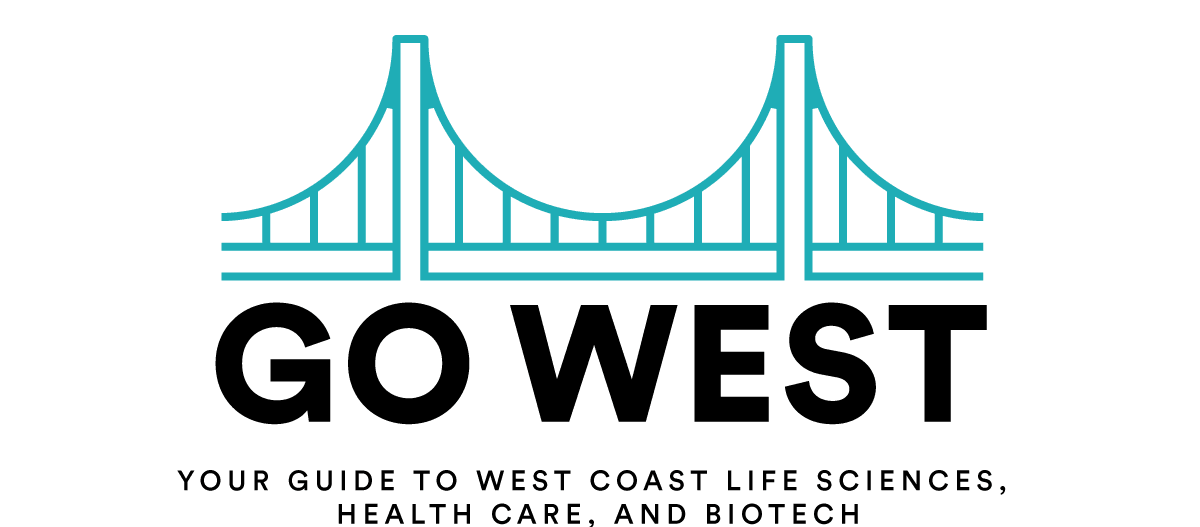

Now, onto the latest headlines
Ride-sharing rivals Uber and Lyft are making hires to build up their business around transporting patients to their medical appointments. Uber has brought on a veteran consultant to run its health business while also poaching a health executive from Lyft, CNBC’s Chrissy Farr reports. Lyft, meanwhile, hired a strategist away from the big drug distributor McKesson to lead its own push into medical transport.
Monday brought some M&A to the West Coast. San Diego-based ResMed, which sells equipment for respiratory conditions, is spending $225 million to buy Propeller Health, which makes sensors to track the symptoms and medication intake of patients with breathing problems. Propeller is based in Wisconsin but it has 30 employees in its San Francisco office.
San Diego-based Fate Therapeutics got an FDA go-ahead to start what will be a first-of-its-kind clinical trial in the U.S., testing a cell therapy derived from induced pluripotent stem cells. Called iPS cells for short, these are a special type of stem cell derived from adult tissue.
Mark Zuckerberg can’t catch a break. A San Francisco official wants to remove Zuckerberg’s name from the city’s public hospital, which was renamed in the embattled Facebook CEO’s honor after he and his wife made a big donation.
For life sciences companies, the Bay Area offers one of the best talent pools in the world but also comes with a significant drawback: high taxes and a high cost of living. Those competing forces were on full display this week, as the big drug distributor McKesson decided to move its headquarters to Texas from San Francisco, while Washington state cancer drug maker Seattle Genetics is opening up shop in San Francisco in an effort to lure talent.
Headlines about the end of genetic privacy by way of genealogy databasesdon’t seem to be scaring away consumers: DNA testing company Ancestry just had its best November ever. The company, which is headquartered in Utah and has an office in San Francisco, has now sold more than 14 million DNA kits globally.
Here in the Bay Area, you don’t have to look far to find a telehealth startup touting the promise of telemedicine to reach patients in rural areas and fill the gap in communities short on physicians. But a new study of a large commercially insured population published in JAMAcomplicates that narrative with a sobering reality check: City dwellers accounted for more than 83 percent of telemedicine visits. And the availability of primary care doctors didn’t have anything to do with how often people used telemedicine.
If you liked Wall Street Journal reporter John Carreyrou’s book about Theranos, you may want to check out a documentary premiering later this winter at the Sundance Film Festival in Utah. “The Inventor: Out for Blood in Silicon Valley” promises to tell the saga of the now-dissolved blood-testing company that was too good to be true.





















.png)









No hay comentarios:
Publicar un comentario